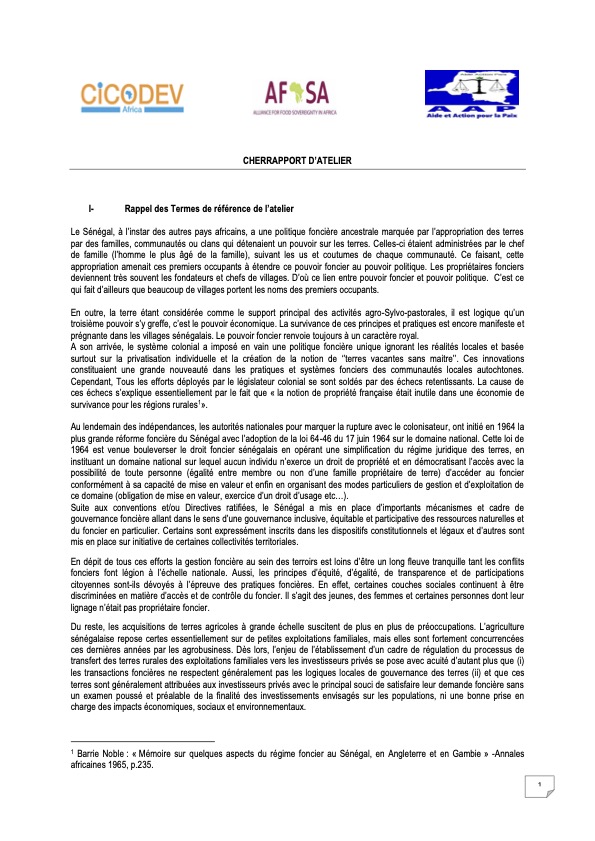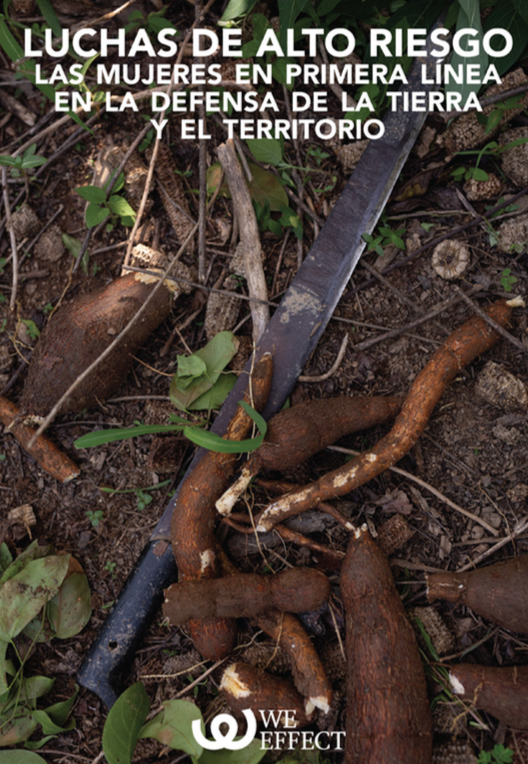Impact of cropping system diversification on productivity and resource use efficiencies of smallholder farmers in south-central Bangladesh: a multi-criteria analysis
Diversification of smallholder rice-based cropping systems has the potential to increase cropping system intensity and boost food security. However, impacts on resource use efficiencies (e.g., nutrients, energy, and labor) remain poorly understood, highlighting the need to quantify synergies and trade-offs among different sustainability indicators under on-farm conditions. In southern coastal Bangladesh, aman season rice is characterized by low inputs and low productivity.



